Curious Hands. Moving Making to the Core of Education
researches how creative skills and material knowledge are taught and learned in different educational settings. Applying innovative empirical and ethnographic methods, the project collects unique qualitative data about the transmission of maker skills and develops material literacy curricula for a range of educational environments, boasting making as intellectual practice.
Making is thinking. This realization has created common ground for humanities and social sciences research into practice-based knowledge formation, showing that making can
- (i) develop intellect, creativity, and skills in individuals;
- (ii) create social cohesion across diversity; and
- (iii) enhance sustainable thinking on a local and global scale.
Consequently, making appears a highly desirable competence to teach to future generations. Yet, dominant educational systems still attach little intellectual and economical value to making. Depending on incidental funding, making tends to nestle in the institutional margins of higher education. For making and its benefits to move to the core of education, a detailed understanding and methodical inventory of how making is learned and taught is needed.
Curious Hands proposes to achieve such an understanding by applying a combination of participant observation, interviews, and visual ethnography to two unique infrastructures:
- (a) the workshops of an art academy, in which making is taught according to the affordance of distinct materials and technologies, and
- (b) the educational labs of secondary schools, in which technology, art, and craft are taught cohesively.
Working from the core-concepts of embodiment, materiality, and process-based learning, Curious Hands gathers fundamental insights into how exactly making is taught and learned and develops distinct pedagogical formats for the integration of making into curricula of secondary and higher education.
The project is funded by the Dutch Research Council (NWO) as part of the Smart Culture Scheme from 2020-2026.
About the researchers
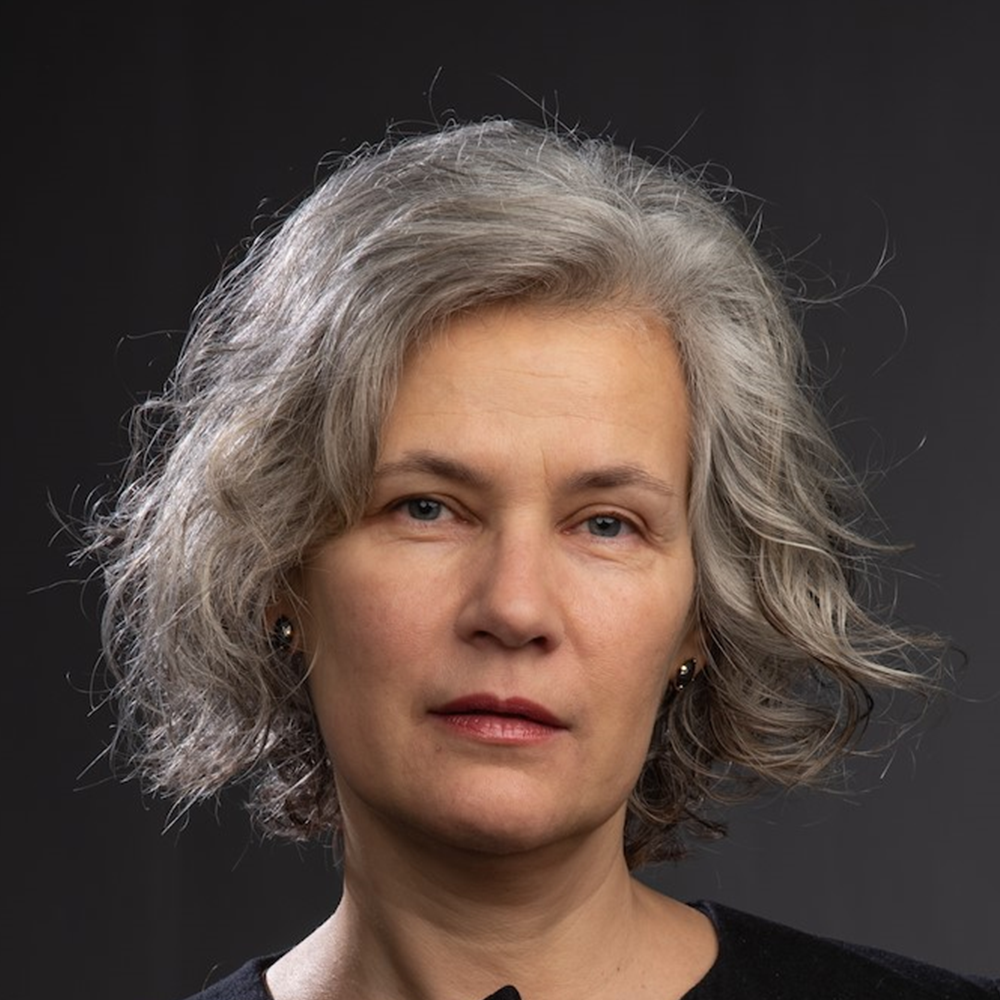
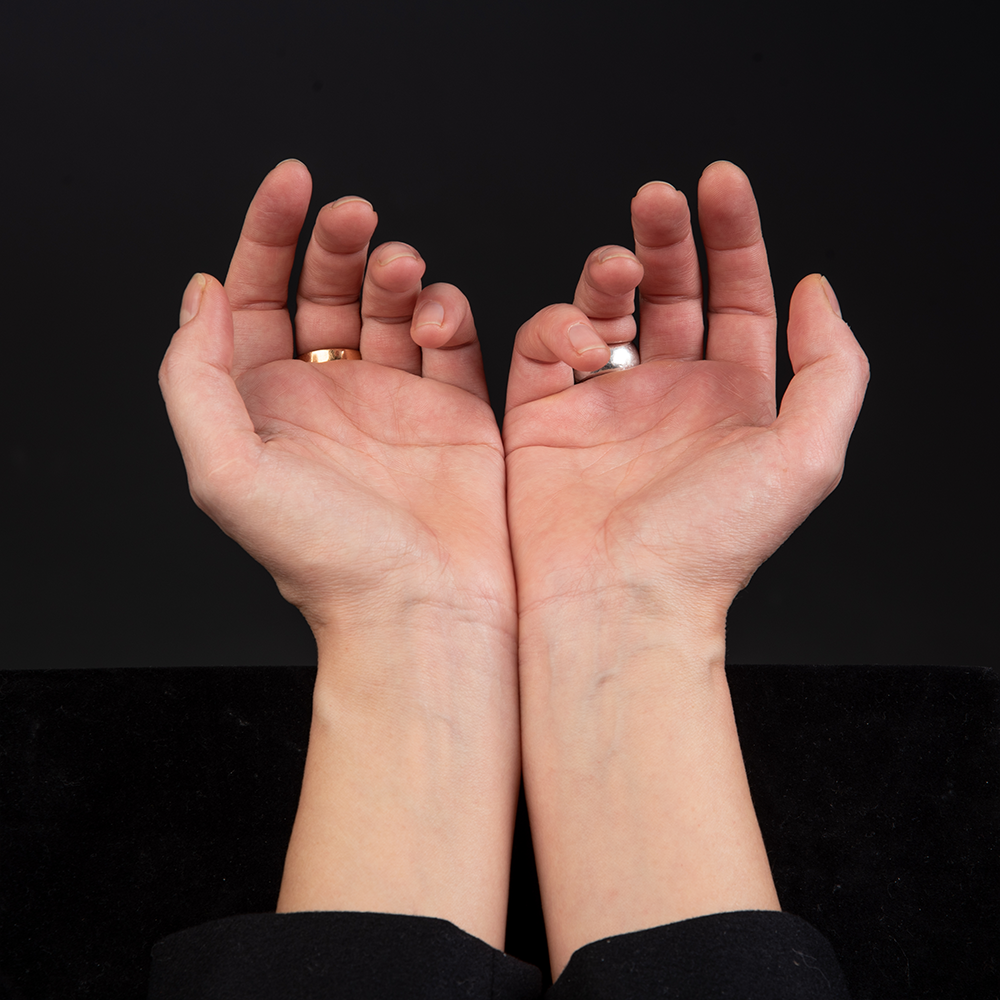
A.S. (Ann-Sophie) Lehmann
Prof DrAnn-Sophie Lehmann studied art history in Vienna and Utrecht and worked as assistant and associate professor in the Department of Media & Culture at Utrecht University. Since 2015, she holds the chair for Art History & Material Culture at the University of Groningen. Her research and publications contribute to a historically informed, theoretical framework for the study of artistic practices and the materiality of art objects. Currently she is working on human-material relations in making objects, caring for objects, and teaching with objects.
See also:
rug.academia.edu/AnnSophieLehmann
rug.nl/staff/a.s.lehmann/
Email:
a.s.lehmann@rug.nl
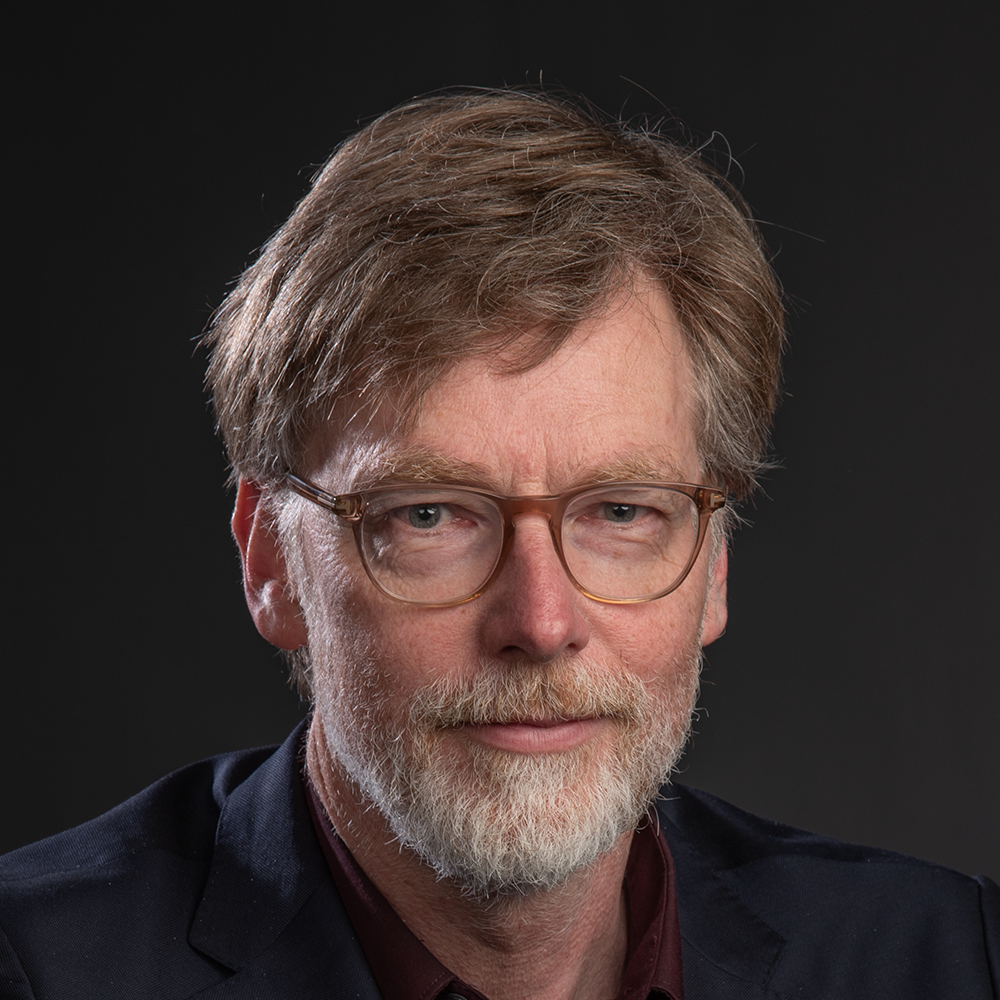
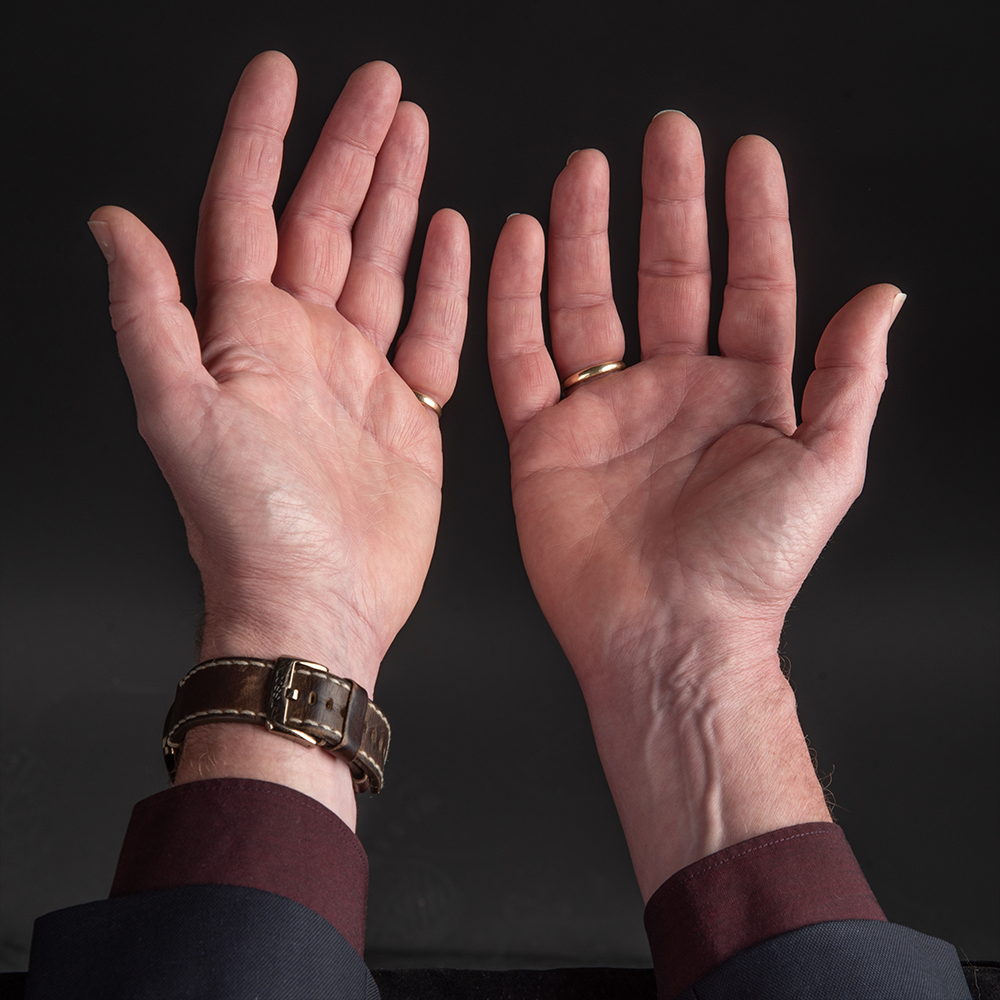
E. H. (Evert) Bisschop Boele
DrEvert Bisschop Boele studied music education in Maastricht and ethnomusicology at the University of Amsterdam. He obtained his PhD from Georg-August Universität Göttingen (Germany) with a dissertation on the uses and functions of music in modern western society. He is currently professor in Arts Education at the Research Centre Arts & Society of Hanze University of Applied Sciences Groningen. He teaches, supervises masters’ theses and PhD dissertations, and coordinates research projects. His research focuses on the field of arts education – specifically the concept of ‘idiocultural music education’ – and cultural participation. He is currently working on an ethnography of a Dutch shanty choir.
See also:
hanze.nl/nl/over-hanze/organisatie/medewerkers/lectoren/evert-bisschop-boele
research.hanze.nl/nl/persons/evert-bisschop-boele
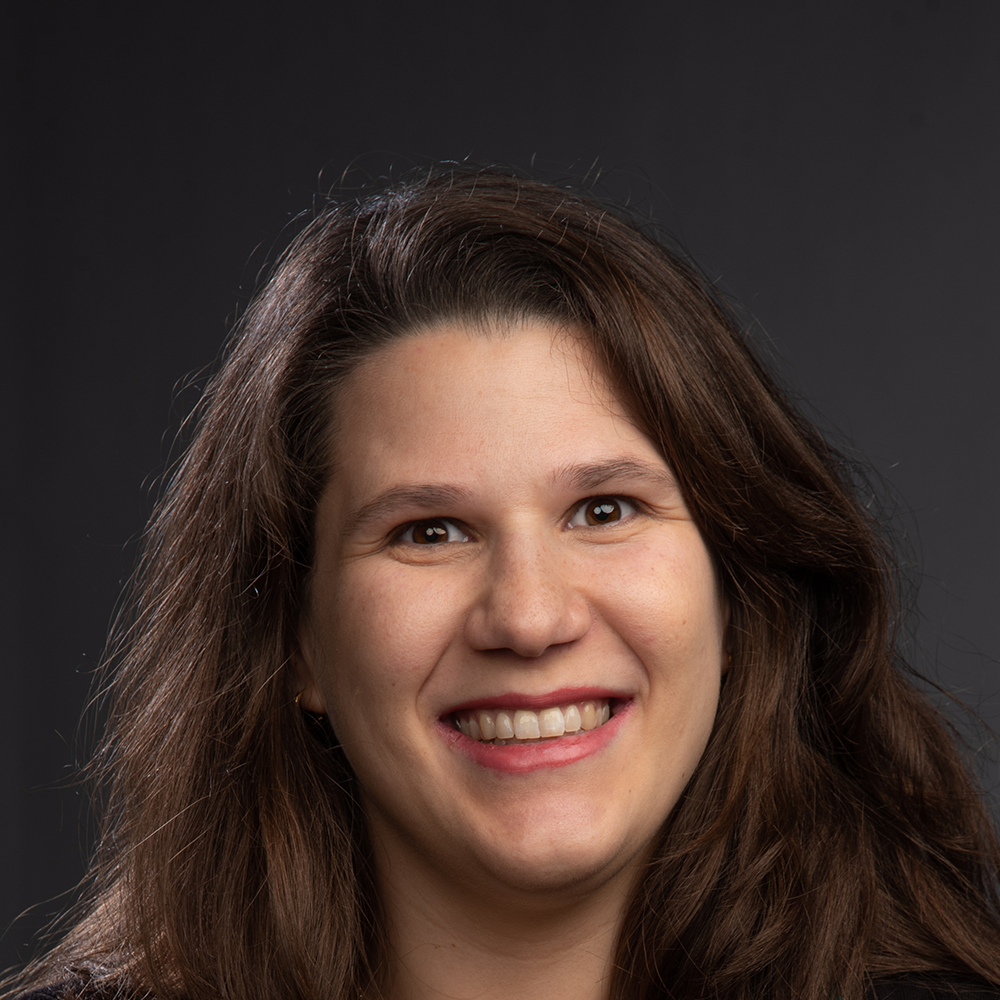
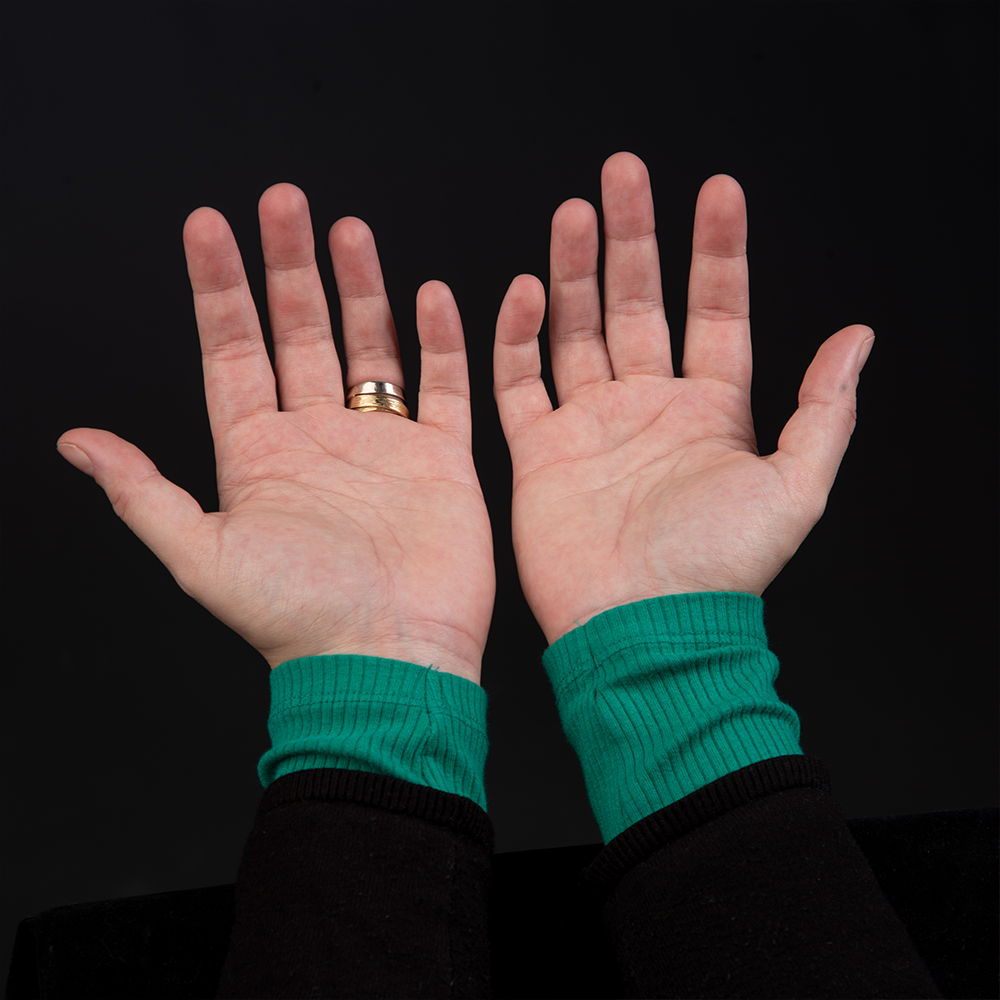
V.S. (Vanessa) Bakhuizen-van ‘t Hoogt
PhD cand.Vanessa Bakhuizen-van ‘t Hoogt studied Art, Culture and Media (BA) and art history (MA) in Groningen. She is a lecturer in the Bachelor Fine Art and Design in Education at Minerva Art Academy, Groningen. Her PhD project Curious Hands in Educational Workshops.Teaching and learning making in the art academy researches the potentially powerful effects of making by investigating the role of educational workshops and their socio-material infrastructures in teaching and learning making at the art academy.
See also:
rug.nl/staff/v.van.t.hoogt/
Email:
v.van.t.hoogt@rug.nl
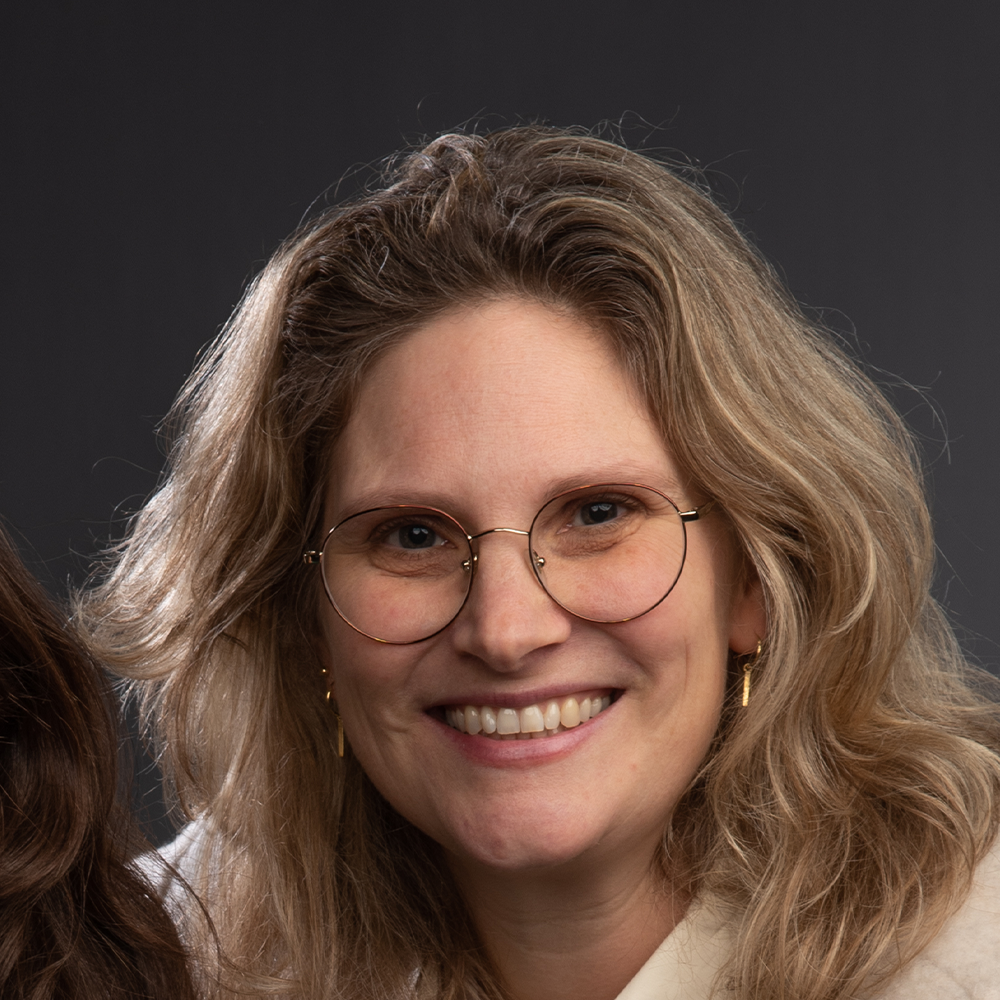
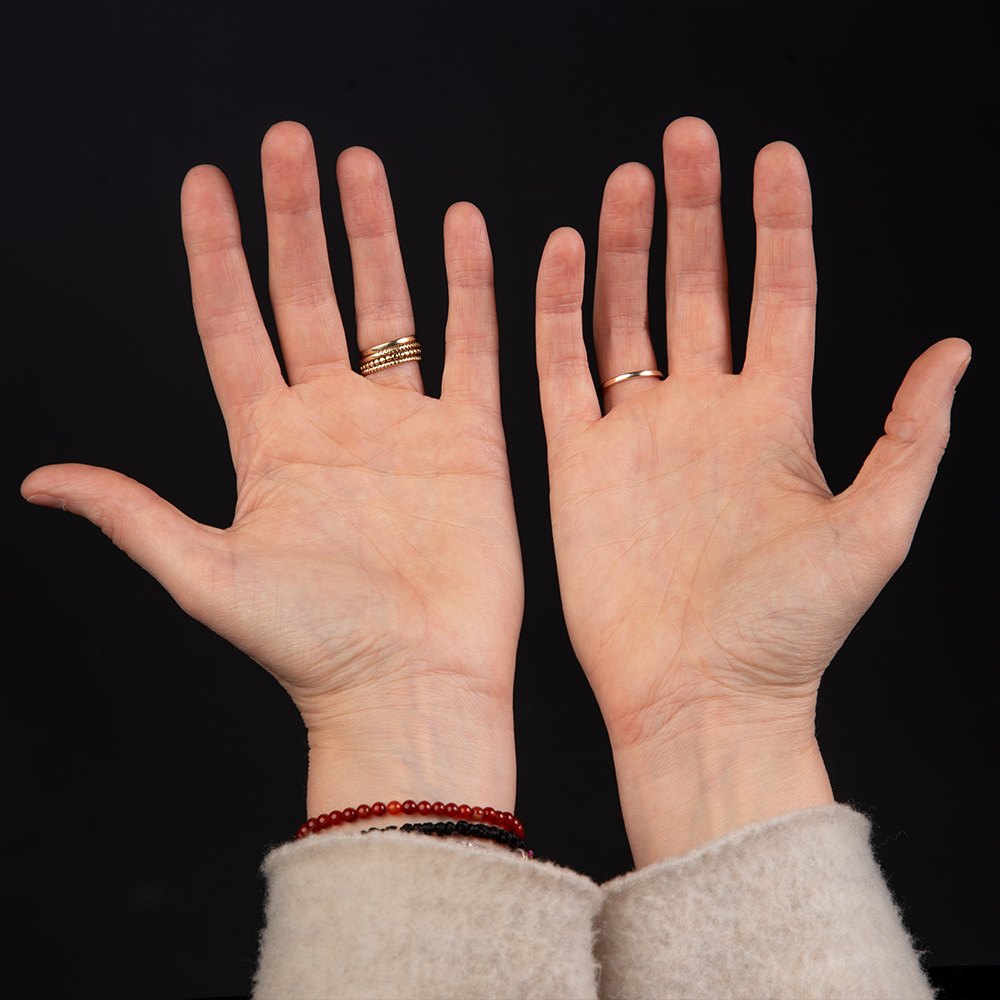
I.M. (Imka) Buurke
PhD cand.Imka Buurke studied Fine Art and Design in Education (BA) and Language and Cultural Studies (MA). She works as a lecturer-researcher in the bachelor Fine Art and Design in Education at Minerva Art Academy, Groningen. Her PhD project Curious Hands for Educational Labs researches how the combined materialities of physical spaces and learning processes can enhance STEAM education. Together with a team of teachers, she designs new formats for STEAM education and tests these in various STEAM curricula at Dutch secondary schools.
See also:
rug.nl/staff/i.m.buurke/
research.hanze.nl/nl/persons/imka-buurke-2
hanze.nl/nl/over-hanze/organisatie/medewerkers/onderzoekers/i/imka-buurke/introductie
Email:
i.m.buurke@pl.hanze.nl
About the research projects
Curious Hands in Educational Workshops
Teaching and learning making in the art academy
V.S. (Vanessa) Bakhuizen-van ‘t Hoogt
This PhD project aims to answer the following main questions: How is making learned and taught in educational workshops and how can teaching and learning making be made explicit, including embodied processes and material knowledge? The research employs, parallel to historical groundwork, a mixed ethnographic approach, to research the material-human workflows in different workshops of art academies, specifically Minerva Art Academy in Groningen (NL). While ethnographic studies into craft production, workplace studies and laboratory studies have thus far traced the production of particular artefacts or processes, Curious Hands in Educational Workshops studies the educational workshops to understand how to make and create as such. It studies how tacit knowledge is made explicit and how materials, movements, language, physical and social interaction, technology, emotions, spatial settings, sensory input (sound, smell, touch) all come together in teaching and learning to achieve not one particular outcome but to learn making in general. In order to research this rather complex simultaneity of action, dialogue and experience, Curious Hands in the Educational Workshops combines participant observation, participant making, visual ethnography, and interviews. It is grounded in actor-network theory in order to understand how materials, objects, technologies and human beings form constellations pertinent to making. The need of this research for a detailed understanding and methodical inventory of how making is learned and taught, comes from the aspiration of the overarching NWO-project Curious Hands to move making and its benefits from the fringes to the core of education.
Curious Hands for Elabs
I.M. (Imka) Buurke
Our embodied existence, our relationship with the world and the embodied learning processes and materiality in the arts are considered the most important contributions to STEAM education. Not because art is expressed in material - it materializes - or because artistic processes are creative, to the contrary, it is precisely the fundamental materiality of the arts that is the most important contribution to STEAM education. Art does not 'end' in matter, it begins with matter. And artistic processes do not run from a concept to materialization, but rather from a 'confrontation' with material through a process that uses materials to 'think with' to a material product. Rather than being the 'illustration' of scientific outcomes, the creative process in the arts takes up a fundamental research position in STEAM education.
The aim of this research is to increase 'materiality' during learning situations at the intersection of art, science and technology for the benefit of student development. And in general, we want to contribute to the reevaluation of 'making'.
Together with a research team of various educational professionals, we have conducted educational design research into their educational practices for several years. This collaboration resulted in a design tool, which is available on this website.